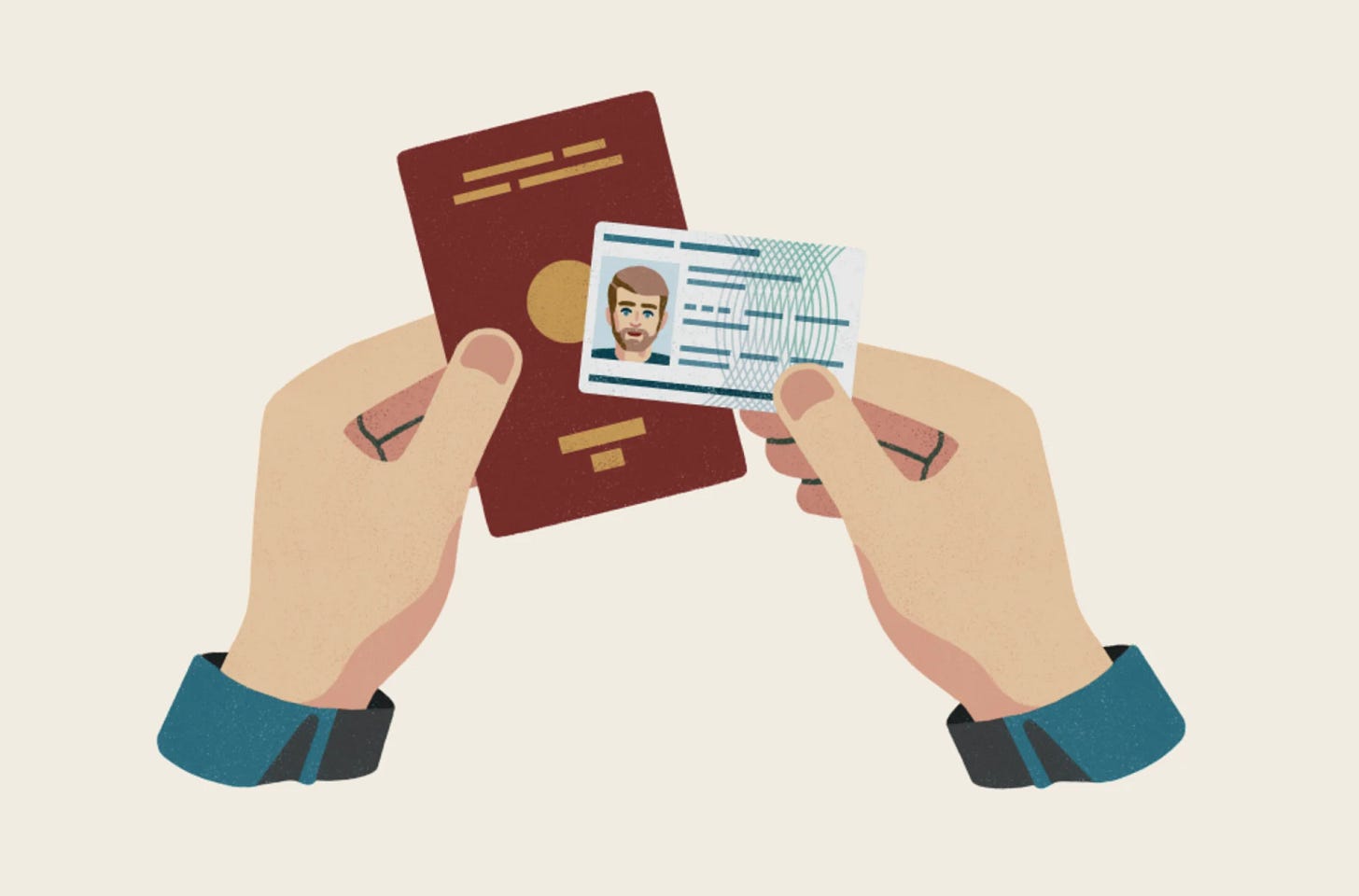Italy’s New Citizenship Law Could Shut Out Digital Nomads of Italian Descent
Especially Italian-Americans
Italy has long captured the imagination of digital nomads and global remote workers, particularly those with Italian ancestry. For decades, descendants of Italian emigrants—especially in the U.S.—have seen citizenship jure sanguinis (by descent) as a bridge to reconnect with their roots, move to Europe, and claim the benefits of an EU passport.
But that …




